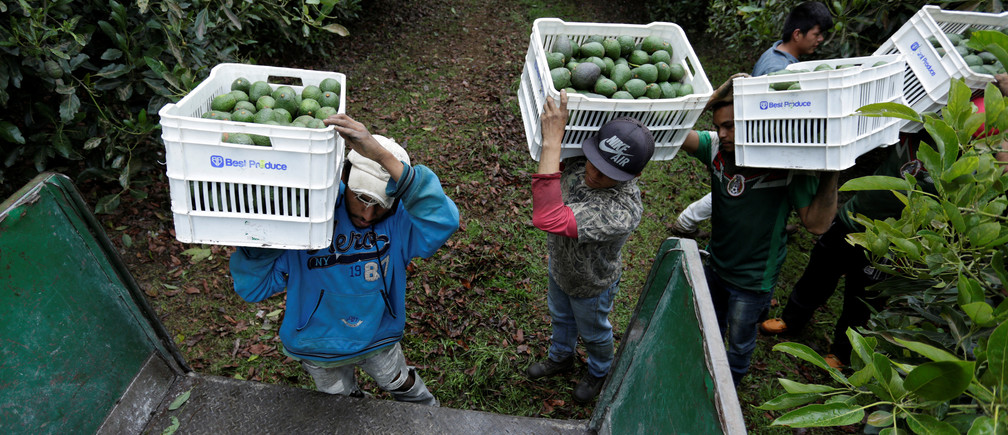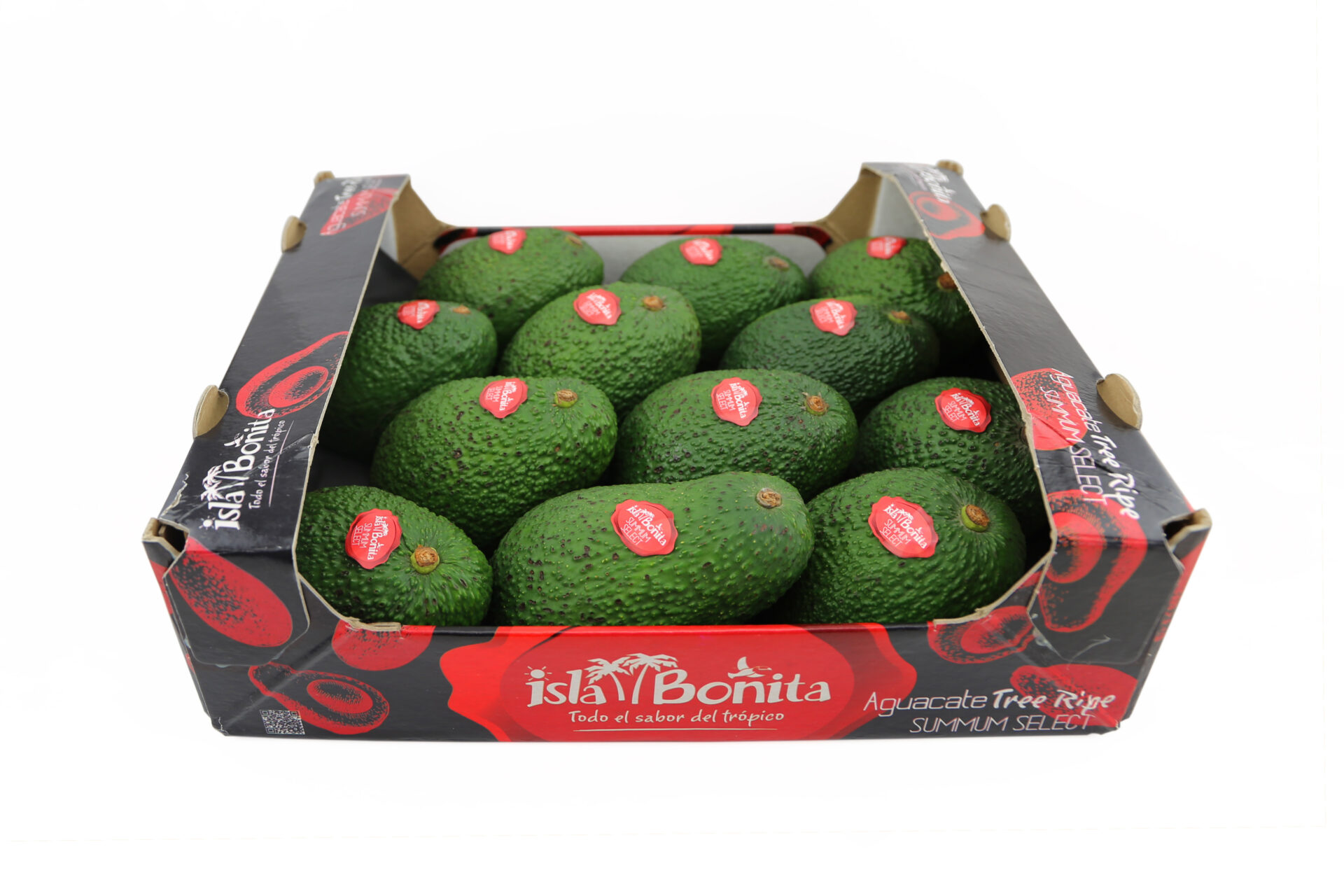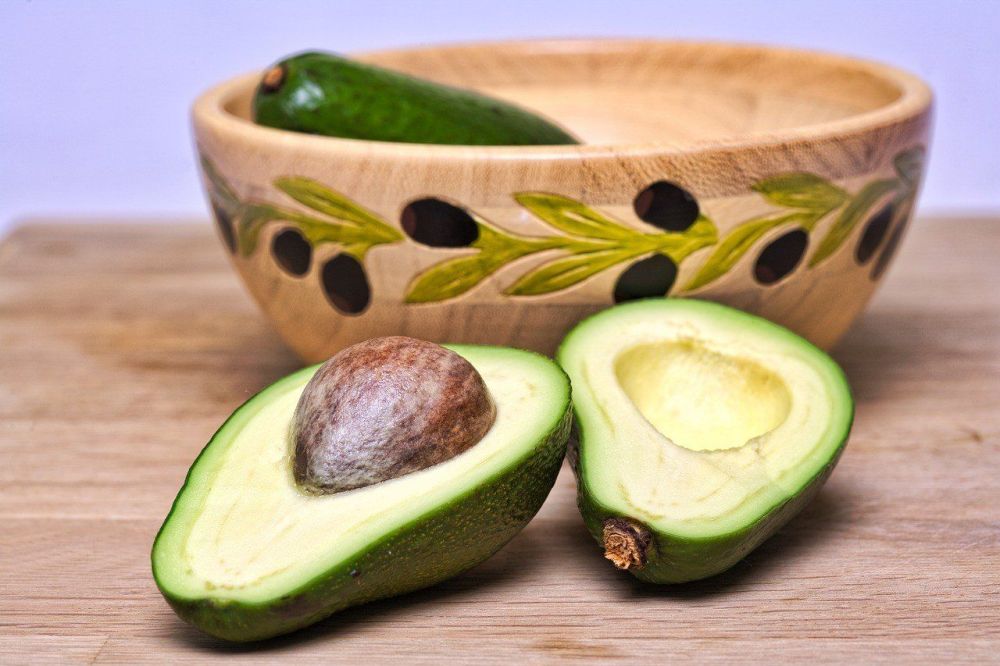Stuffed with prawns, guacamole sauce, smoothie, or salad for breakfast, lunch, or dinner, avocado has begun to form part of the diet of a large part of the world’s population in recent years. According to the UN Comtrade Database, the US is the largest avocado importer. The country’s quantity has almost tripled in recent years, from 345 million kg in 2010 to nearly 928 million in 2017. This “avocado fever” has also reached Europe, where in the last seven years, it has been more than doubled the region’s import levels.
And Why Has This Exotic Fruit Become So Famous?

Undoubtedly, due to its numerous nutritional properties: it is rich in monounsaturated fatty acids (Oleic acid), magnesium, potassium, vitamins C, E (a powerful antioxidant), and B6. Also, various studies have indicated that avocado consumption reduces the levels of total cholesterol and its LDL-Cholesterol fraction (‘bad’ cholesterol) and triglycerides in the blood. It is not all gold that glitters; this superfood is causing many benefits for consumers as disasters in the major producing countries’ ecological systems. Among these, Mexico is the undisputed protagonist, with a historical production in 2017 of almost two million tons, also standing out as the first exporting country.
But What Is Behind This Exquisite and Much-Loved Fruit?

Avocado needs a high amount of water. The Water Footprint Network states: “It takes 2,000 liters of water to produce a kilo of avocado – four times more than the amount needed to produce a kilo of oranges and ten times more than the amount to produce a kilo of tomato.”
The answer seems easy when you look at the facts: avocado cultivation causes deforestation, endangers wildlife, finances drug cartels, and contributes to the water crisis in many parts of the South, where it is mainly produced. So, yes: since these are the side effects of our healthy food today, how should we react ethically? Should we stop eating our favorite food altogether? That’s perhaps a little more difficult to understand? For now, it is not necessarily the most ethical solution. Let’s find out why.
The Avocado Crisis

The cultivation of this fruit is causing severe environmental problems in the major producing countries. In Mexico (mainly in Michoacán), many farmers have burned large forest areas to convert to avocado monoculture. Also, the high water retention for avocado cultivation reduces the amount of water available for the region’s animals and inhabitants.
The British media The Guardian has investigated the situation of the inhabitants of the province of Petorca (Chile) in its article “Chilean villagers claim British appetite for avocados is draining region dry.” In this region, the British newspaper states that “many avocado plantations install illegal pipes and wells to divert water from rivers to irrigate their crops. As a result, residents claim that rivers have dried up and that the groundwater level has dropped, causing a deep regional drought. For this reason, residents are now forced to use contaminated water delivered by pickup trucks.
A study commissioned in 2014 on dispensed water showed that levels of coliforms – the bacteria found in feces – were far above the legal limit. Veronica Vilches, a Chilean activist, interviewed by The Guardian, commented that “to send good avocados to Europeans, we are drinking water with poop.”
How to Solve This Problem?
This superfood may seem way too much of a challenge to many. Nor does a complete boycott of a product whose export has turned into a burgeoning economic activity worth billions of dollars for some countries seems the most appropriate solution.
So, What to Do?

The next time you go to the supermarket, you could start looking at the origin of the products you buy and which ones have obtained social, environmental, or economic sustainability certifications. There are already many types of certifications (Rainforest Alliance, Fairtrade (Fair Trade), UTZ Certified, just to name a few) – you just need to identify which ones are your favorites!
